I think there is confusion here over using docker-compose and docker compose (with a space). You can install the compose plugin using https://docs.docker.com/compose/install if you don't already have it.
Here is an example compose file just running Elasticsearch
version: "3.7"
services:
elasticsearch:
image: docker.elastic.co/elasticsearch/elasticsearch:7.15.2
restart: always
ports:
- "9222:9200"
deploy:
resources:
limits:
cpus: "4"
memory: "2g"
environment:
- "node.name=elasticsearch"
- "bootstrap.memory_lock=true"
- "discovery.type=single-node"
- "xpack.security.enabled=false"
- "ingest.geoip.downloader.enabled=false"
I have it in a directory called estest the file is called es-compose.yaml. The file sets CPU and memory limits.
If you launch using docker-compose e.g.
docker-compose -f es-compose.yaml up
Then look at docker stats you see
CONTAINER ID NAME CPU % MEM USAGE / LIMIT MEM % NET I/O BLOCK I/O PIDS
e3b6253ee730 estest_elasticsearch_1 342.13% 32.39GiB / 62.49GiB 51.83% 7.7kB / 0B 27.3MB / 381kB 46
so the cpu and memory resource limits are ignored. During the launch you see the warning
WARNING: Some services (elasticsearch) use the 'deploy' key, which will be ignored. Compose does not support 'deploy' configuration - use `docker stack deploy` to deploy to a swarm.
Which I think is what leads people to look at Docker stack/swarm. However if you just switch to using the newer docker compose now built in to the docker CLI https://docs.docker.com/engine/reference/commandline/compose/ e.g.
docker compose -f es-compose.yaml up
And look again at docker stats you see
CONTAINER ID NAME CPU % MEM USAGE / LIMIT MEM % NET I/O BLOCK I/O PIDS
d062eda10ffe estest-elasticsearch-1 0.41% 1.383GiB / 2GiB 69.17% 8.6kB / 0B 369MB / 44MB 6
Therefore the limits have been applied.
This is better in my opinion than swarm as it still allows you to build containers as part of the compose project and pass environment easily via a file. I would recommend removing docker-compose and switching over to use the newer docker compose wherever possible.
